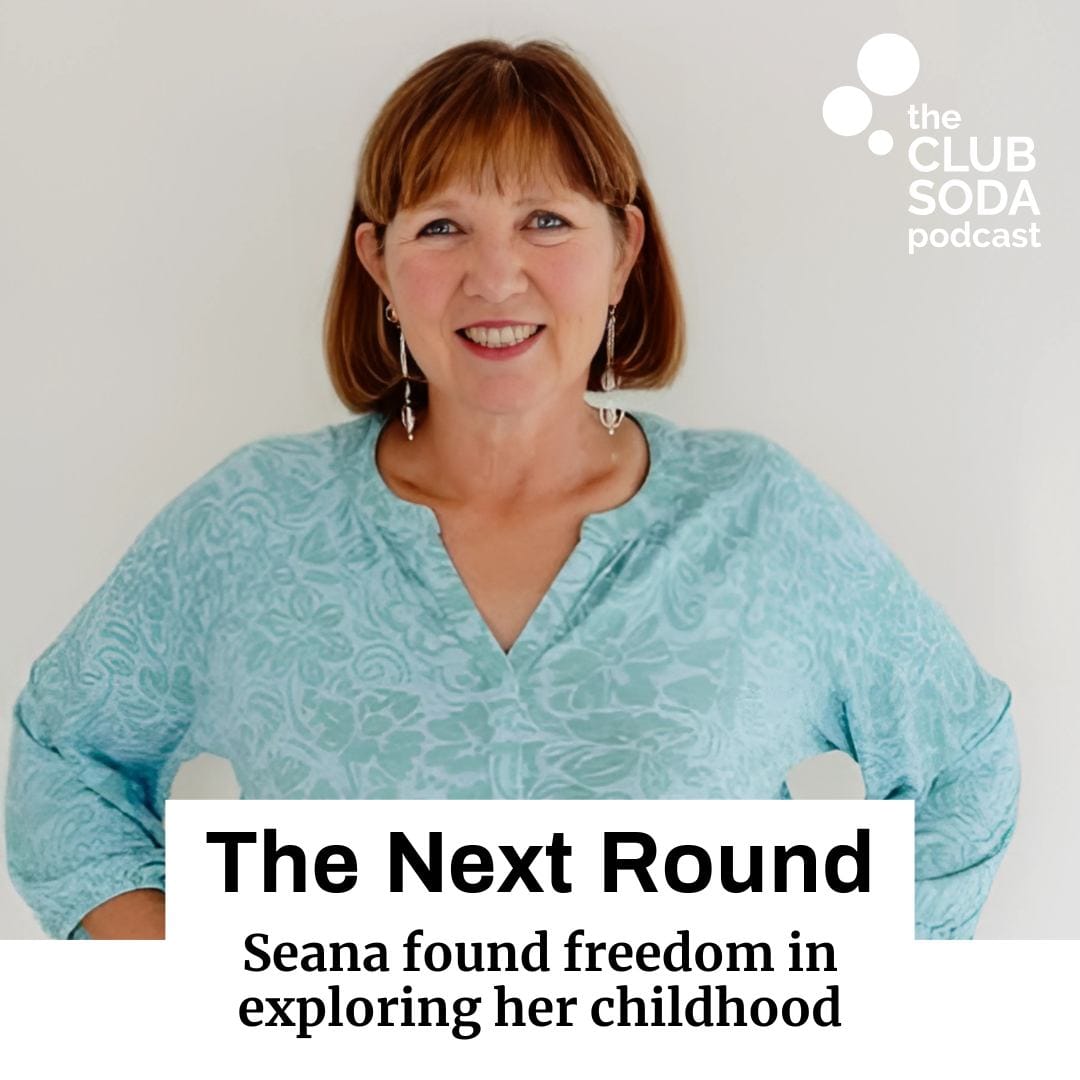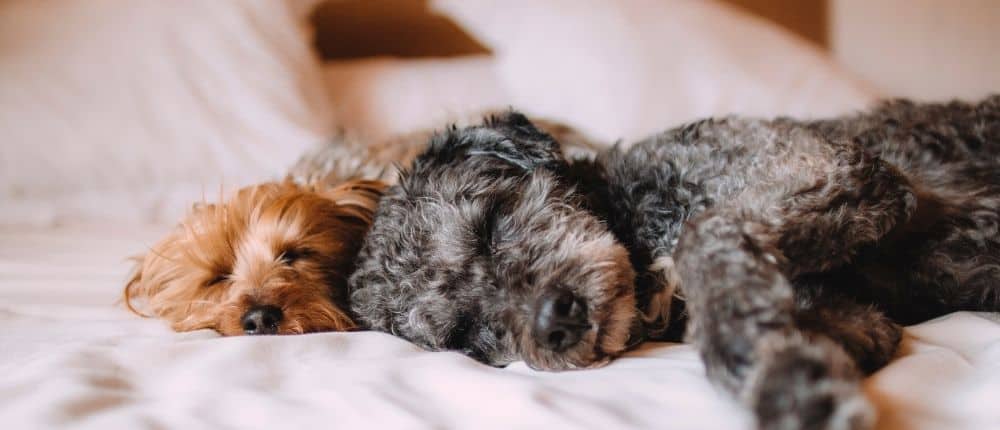
This website uses cookies to improve your experience. We'll assume you're ok with this, but you can opt-out if you wish. Read More
The Next Round: What happens after you change your drinking?

If you are cutting down, taking a break or quitting alcohol, or just thinking about changing your drinking, you might be wondering how you can relax without drinking alcohol.
Relaxation is a priority for many people right now because the world is a stressful place. Living through the pandemic, living with social injustice and living with financial insecurity might be having a direct impact on your stress levels. And relaxation shouldn’t just be for people with privilege. Learning to relax builds your resilience and gives you an inner resource to cope with life’s challenges. Relaxation – encoded as rest and leisure – is actually a human right.
In many cultures, alcohol plays a big role in ideas about relaxation. Many people drink to unwind at the end of a difficult day. Some drink to cope with life’s difficulties. Others use alcohol to help them get to sleep.
So if you want alcohol-free ways to relax, you’re in the right place. Read on to discover more about the role of alcohol in relaxation, and what being relaxed actually means. And learn 101 ways to relax without drinking alcohol, drawn from the experience of members of the Club Soda community.
Alcohol is relaxing. Or at least, if you expect alcohol to be relaxing, it will have that effect on you.
But the reality is more complicated. Alcohol is a simple substance that affects your brain and body in complex ways. Because your brain and body are changing day by day, alcohol’s effects aren’t predictable. And as you drink over time, your tolerance for alcohol increases, so this changes how you respond to alcohol.
Alcohol is a sedative. It makes you feel sleepy and that is the primary way in which it relaxes you, in small quantities at least. And alcohol is also a depressant, so it dampens down your responses to stressful situations. This stress-response dampening varies between people, and in part depends on your expectations of what will happen when you drink. If you expect to relax, you’ll find alcohol relaxing. If you expect to party, alcohol will energise you. So there’s also a strong placebo effect in play when you drink, and even just the smell of alcohol can be relaxing. But alcohol’s sedative and depressant qualities do contribute to drinking feeling relaxing.
But over time, as your tolerance for alcohol increases, these relaxing effects diminish. The glass of wine you had to relax at the end of the day might turn into two or three glasses that don’t have quite the same relaxing effect. And if your drinking creeps up over time, you may find that alcohol actually adds to your overall stress levels. Over a long period, drinking alcohol increases levels of cortisol in your body, which you might feel as stress. And wrestling with your habits can be stressful if drinking begins to have a negative impact on your life. Long-term drinking is a potent stressor.
Even if you recognise that alcohol has stopped working for you, and you want to learn to relax without drinking, you may face a bigger challenge. Just like drinking and socialising can become synonymous in your mind, so might drinking and relaxing. You may question whether it’s even possible to relax without drinking. But remember that relaxation is about much more than alcohol consumption.
Let’s dive into the subject of relaxation itself.
What does relaxation mean? One dictionary definition is “the state of being free from tension and anxiety.” That definition points at an interesting idea, that relaxation is as much about what you feel in your body (freedom from tension) as what you feel in your mind (freedom from anxiety). A truly relaxed state is one that encompasses your whole being, your body and your mind.
Rosemary Payne (who died in 2015) was a physiotherapist who dedicated her retirement to the study of relaxation. Her book, Payne’s Handbook of Relaxation Techniques, was first published in 1995 and is now the gold-standard textbook for teaching relaxation techniques to healthcare professionals. In it, she distinguishes between somatic and cognitive approaches to relaxation. Somatic approaches are relaxation techniques that relax your body, such as breathing techniques, progressive muscular relaxation, stretching and exercise. Cognitive approaches are those that relax your mind, including self-awareness, visualisation and meditation.
Payne’s focus in her book was to gather techniques that were easy to learn. And she was absolutely rigorous in only recommending relaxation approaches that were supported by clinical evidence. She distinguished between brief relaxation, techniques that could produce immediate effects and which could be used in a stressful situation like deep breathing, and deep relaxation, approaches that induced a whole-body relaxation effect best achieved by lying down. She explored techniques that were directly relaxing, like muscular tension and release, as well as activities that were indirectly relaxing, such as the Alexander technique.
But most importantly, she highlighted the need to practise relaxation. “Practising the technique is essential,” she wrote. “Greater practice leads to more effective results.”
This is useful to bear in mind as you approach the subject of how to relax without drinking. A single relaxation technique might not be as effective as a collection of approaches that encompass your whole being. And you may need to practise relaxing too. Just because you didn’t find deep breathing relaxing the first time you did it, that’s no reason to give it up completely.
You spent a long time practising how to relax with alcohol. You are likely to need to experiment and practise if you want to relax without drinking too.
So if you want to relax without drinking, it’s good to have options. Even if you are someone who wants to drink in moderation, don’t let alcohol be your only way to relax. And if you are quitting alcohol for good, you will definitely need some new approaches to relaxation.
I recently asked Club Soda members how they relax. This is what works for them, and this list might spark some ideas for you about how you can relax too. Here are 101 ways to relax without drinking.
If you find another way to relax, do whatever works for you. Remember to practise relaxing, focusing on your body and your mind. And if you need support with changing your drinking, consider one of Club Soda’s courses.
This website uses cookies to improve your experience. We'll assume you're ok with this, but you can opt-out if you wish. Read More
| Name | Domain | Purpose | Expiry | Type |
|---|---|---|---|---|
| wpl_user_preference | joinclubsoda.com | WP GDPR Cookie Consent Preferences. | 1 year | HTTP |
| PHPSESSID | www.tickettailor.com | PHP generic session cookie. | 55 years | HTTP |
| AWSALB | www.tickettailor.com | Amazon Web Services Load Balancer cookie. | 7 days | HTTP |
| YSC | youtube.com | YouTube session cookie. | 55 years | HTTP |
| Name | Domain | Purpose | Expiry | Type |
|---|---|---|---|---|
| VISITOR_INFO1_LIVE | youtube.com | YouTube cookie. | 6 months | HTTP |
| Name | Domain | Purpose | Expiry | Type |
|---|---|---|---|---|
| _ga | joinclubsoda.com | Google Universal Analytics long-time unique user tracking identifier. | 2 years | HTTP |
| sbjs_migrations | joinclubsoda.com | Sourcebuster tracking cookie | 55 years | HTTP |
| sbjs_current_add | joinclubsoda.com | Sourcebuster tracking cookie | 55 years | HTTP |
| sbjs_first_add | joinclubsoda.com | Sourcebuster tracking cookie | 55 years | HTTP |
| sbjs_current | joinclubsoda.com | Sourcebuster tracking cookie | 55 years | HTTP |
| sbjs_first | joinclubsoda.com | Sourcebuster tracking cookie | 55 years | HTTP |
| sbjs_udata | joinclubsoda.com | Sourcebuster tracking cookie | 55 years | HTTP |
| sbjs_session | joinclubsoda.com | SourceBuster Tracking session | Session | HTTP |
| Name | Domain | Purpose | Expiry | Type |
|---|---|---|---|---|
| mailchimp_landing_site | joinclubsoda.com | Mailchimp functional cookie | 28 days | HTTP |
| __cf_bm | tickettailor.com | Generic CloudFlare functional cookie. | Session | HTTP |
| NID | google.com | Google unique id for preferences. | 6 months | HTTP |
| Name | Domain | Purpose | Expiry | Type |
|---|---|---|---|---|
| _ga_10XZMT03ZM | joinclubsoda.com | --- | 2 years | --- |
| AWSALBCORS | www.tickettailor.com | --- | 7 days | --- |
| cf_clearance | tickettailor.com | --- | 1 year | --- |
| VISITOR_PRIVACY_METADATA | youtube.com | --- | 6 months | --- |
Join Club Soda for 10% off your first order of drinks for UK delivery. Plus get our latest news and special offers for members to choose better drinks, change your drinking and connect with others.
If you get an error message with this form, you can also sign up at eepurl.com/dl5hPn